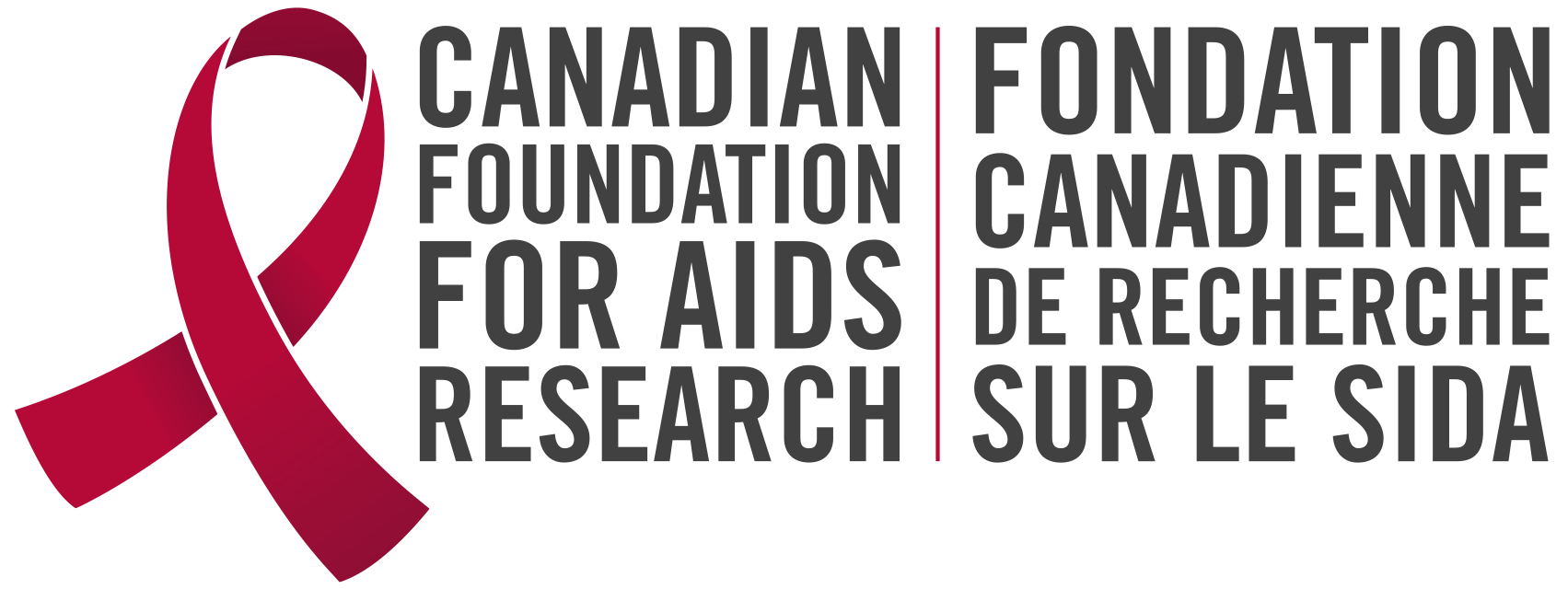Meet Dr. Jillian Roberts
Dr. Roberts works primarily in the area of medically fragile children, and she strives to better understand their quality of life experiences and how to best support them in the education system. She is highly interested in qualitative research methodologies. Dr. Roberts works primarily with graduate students and those who wish to be teachers in schools. She is the co-author of three books: School Children with HIV/AIDS, Disclosing HIV/AIDS to Children, and Starting a Conversation: School Children with Congenital Heart Disease.

What should we know about HIV and AIDS right now?
It is important for people to realize that HIV is a chronic illness–with treatment, people can live long lives. It is important that we ensure good quality of life.
What research projects are you currently working on?
I am interested in learning how to support people who live with illness–how can we ensure that the illness is not the defining feature of their lives? Also, I am interested in how we can best help children learn about sexuality so that their learning is not skewed once they access the internet.
What’s a typical day like in the lab?
I do not work in a lab–as I am a child psychologist. I work with people in a counselling office. I collect data through discussions about their lives.
What type of small advancements do you see in a day/week/month?
I believe that every day our society is becoming more inclusive. Teachers are learning more every day about how to help children who live with illness. As a society, we are learning to support rather than to stigmatize.
What do you hope to achieve through your research?
I hope to develop in-depth understanding about people’s lived experiences. What is life really like for them? What do they really need to experience greater quality of life?
What excites you about your research?
I love helping people. I want to feel like I was actually helpful. I am excited when knowledge helps to form policies and practices that help people better over time.
What is the most important area of HIV and AIDS research right now?
Although this is not in my direct area of research, I believe the work in the area of vaccinations to be critically important.
Why is now the time to make HIV and AIDS research a priority in Canada?
I believe that once HIV became more of a chronic than terminal illness, many people lost interest in HIV. The sheer fear factor was reduced. However, we forget that an incredible amount of people are living with this disease. Our country can be a leader in terms of how we best support people with HIV.
Why is now the time to make HIV and AIDS research a priority globally?
I am incredibly saddened about the state of HIV in the developing worlds, and these people often do not have access to the medications available to the Western world. I worry about the women and the children–lives and potential lost.
What can Canada offer that sets them apart with HIV and AIDS research?
I believe that Canada can set the bar as to how best to help a person live with an illness. Our Charter of Rights and Freedoms can help define best practices regarding schooling and employment, over a lifetime.
What’s next for HIV and AIDS research in Canada?
I believe we need to do a better job of helping youth that are marginalized–aboriginal/indigenous youth on the streets, new Canadians, youth who live in proverty. These youth are at risk for infection, and also at risk to not receive the proper care and treatment. This is a kind of lost generation. We need to help them.
I also worry about the internet and how very, very young children can access sexually graphic materials. We need to do a better job of helping parents begin the conversations about sexuality with their young children. To help these conversations get started, I have developed an app called “The Facts of Life” (available in iTunes and Google Play, and in English and Chinese). This app is designed to establish a healthy communication pattern in children and their parents.
What have been the most important research milestones for HIV and AIDS?
Well, the cocktails/medications have been an incredible breakthrough–these medications have changed the illness from a terminal to a chronic illness.
